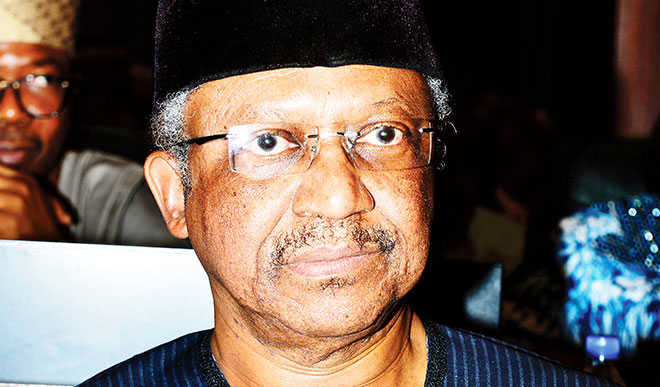The lead director regretted that the deaths were preventable, and challenged stakeholders to strive toward ending the trend where lives would be lost in the process of bringing new lives.
“Nigerians like to be number one in everything. But we should not want to be number one in maternal mortality which we are, today. I am happy that we are all here to change that narrative,” he said.
She stated that maternal mortality had increased by 50 percent since 2000, urging the government to improve the quality of healthcare to reduce the trend.
Mr Etiebiet shared touching stories about mothers dying while giving birth in Cross River State and emphasized the urgent need to initiate and sustain efforts to reduce such deaths.
“When a death occurs, don’t assign blames. Investigate it to prevent a recurrence.
“Women should be encouraged to go through ante-natal processes. Nigerian mothers should have access to information, quality and affordable healthcare in the country,” she pleaded.
She, however, added that for the country to end maternal mortality, the government must provide quality maternal healthcare, improve water supply and sanitation, and ensure more respect for women.
Also speaking, Olujimi Coker, acting Chief Executive Officer (CEO) of Lagoon Hospitals, in Lagos, said that the government must improve communication if it was serious about tackling maternal mortality.
Mr Coker said effective communication between doctor and patient, and between one health worker and the other, especially during handover, was critical.
He acknowledged that what the health workers see as the quality was different from what patients see as quality.
“Health workers are more focused on outcomes while patients are more focused on the experience,” he said.
He said the quality of healthcare was not expensive, adding that the most effective way to prevent hospital infections was proper hand hygiene using soap and water.
Chimezie Anyakora, in a remark, said that quality medicine was one of the biggest concerns in the quality of healthcare in the country.
“As we think of quality in healthcare, how do we think of medicine quality? Medicine quality is more of a health emergency than anything else. It causes confidence failure in the health care system,” he pointed out.
Mr Anyakora, an official of Promoting the Quality of Medicine (PQM) program of the United States Pharmacopeia, said it was critical that the country addressed the challenges of fake drugs.
He noted that fake drugs were a big problem not only in Nigeria but in the entire world.
“The issue of fake drugs has become a global issue. The fake drug business is operated by fake drugs cartels.
“Another strong contribution to the quality of healthcare is not the brand of medicine; it is the storage and distribution. Safe medicines contribute to quality healthcare,” he added.
He declared that healthcare investments in the country without a focus on medicines quality was “a waste”.

 The Lead Consultant of the Maternal Safety Data (MSD), an NGO, Mary-Ann Etiebiet, has said Nigeria contributes 23 percent of deaths from maternal mortality, globally.
The Lead Consultant of the Maternal Safety Data (MSD), an NGO, Mary-Ann Etiebiet, has said Nigeria contributes 23 percent of deaths from maternal mortality, globally.




